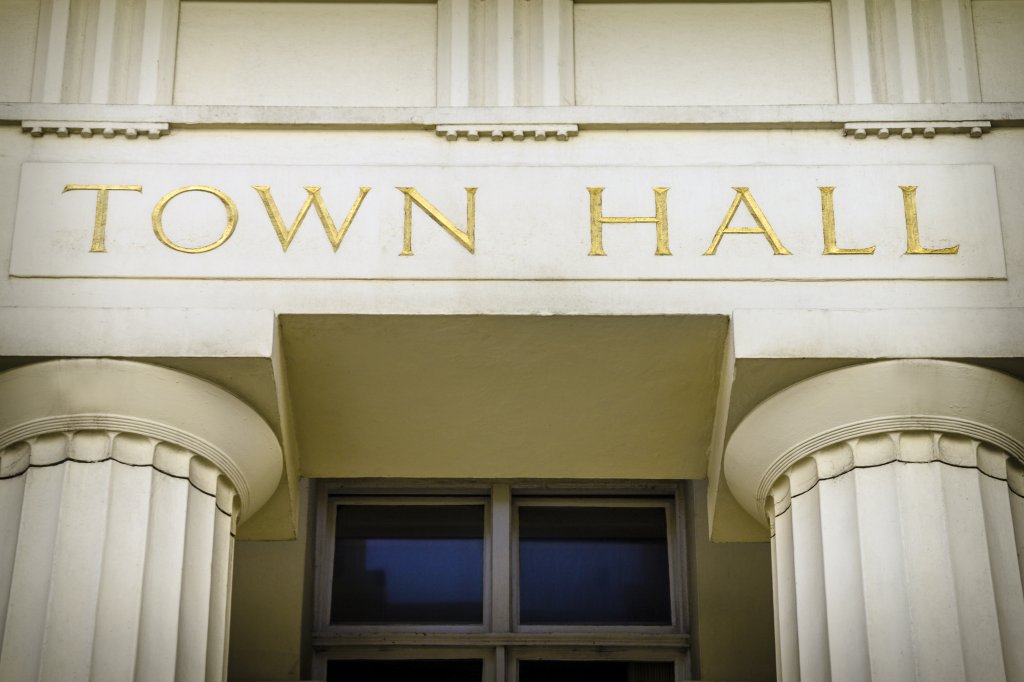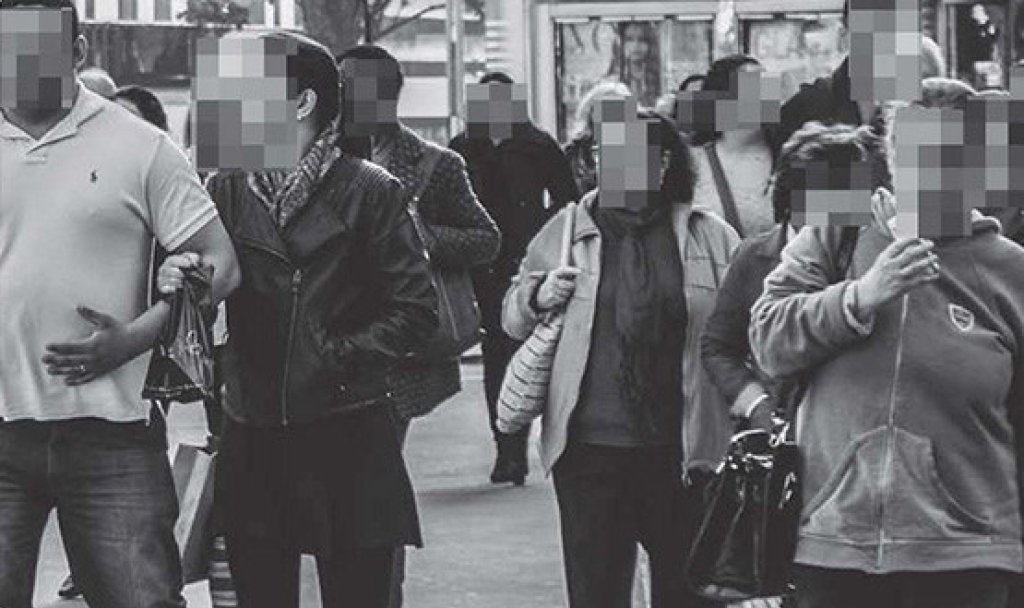CCTV, bodycams, dashcams and mobile phone videos
Works for low-quality and low-light videos
Fixed cost, unlimited videos, unlimited video duration
Automatically blur most types of personal information
Quickly and efficiently process footage requests. Even for low-quality videos.
Easy video import, including analogue footage
Convert videos with a built-in screen recorder
Import MP4 and AVI video files with one click
Trim footage with click and drag controls

Customisable redaction settings
Use full-screen, full-body or face blur modes
Customise blur shape, size and degree of transparency
Adjust speed and number of keyframes to redact footage of fast-moving vehicles

Automatic redaction in the background
Blur static objects like posters, IDs or name tags with one click
Only de-blur persons of interest and have AI track their movements
Automatically redact licence plates in dashcam footage
Average processing time: 30 minutes
We’ve processed over 7,000 videos for our customers. On recommended hardware, it takes them 30 minutes or less to redact one video file.-
1
Import and trim footage
-
2
Set up redaction settings
-
3
Run autotracking
-
4
Review and export redacted footage
Find out how our local authority customers complete requests for video footage while protecting their staff, customers and the public from privacy breaches
Working with Identity Cloak is a very intuitive simple process. I use the software anything up to 10 times a day. It is perfect for our needs and has been 100% reliable. We have tried other systems but this was the easiest by some margin.
I think the most useful feature to us has been the tag and track function. I just find my subject, tag it, and the software will follow that subject throughout the whole clip without needing any intervention. You are left with a fully redacted clip which you can preview and export.
Download your 7-day free trial
Start redacting your first video in Identity Cloak in under 15 minutesNo credit card required. 7-day trial.
Video redaction for local governments FAQ
With more and more incidents, such as assaults on staff and the public, subject access request volume continues to increase. Video redaction software enables operators to respond quickly to requests and incidents, as police require video footage to be redacted.
While different types of video redaction software may have different approaches, Identity Cloak uses AI technology. It recognises faces, bodies and licence plates, automatically tracks these objects, whether still or in motion, and adds a “blur” around the subject or subjects of interest.
With Identity Cloak, you can also select specific areas to protect privacy rights of your staff and members of the public. The original file is left unchanged for data integrity and the new redacted footage is irreversible to ensure data security is upheld.
Identity Cloak requires minimum manual intervention, enabling local government staff to spend less time executing subject access requests.
Not only does the software redact faces, it also redacts objects, licence plates, sensitive areas and more, and footage from sources such as CCTV, bodycams and mobile phones.
Lastly, Identity Cloak plans are a set yearly fee and Facit offers discounts to public organisations.

